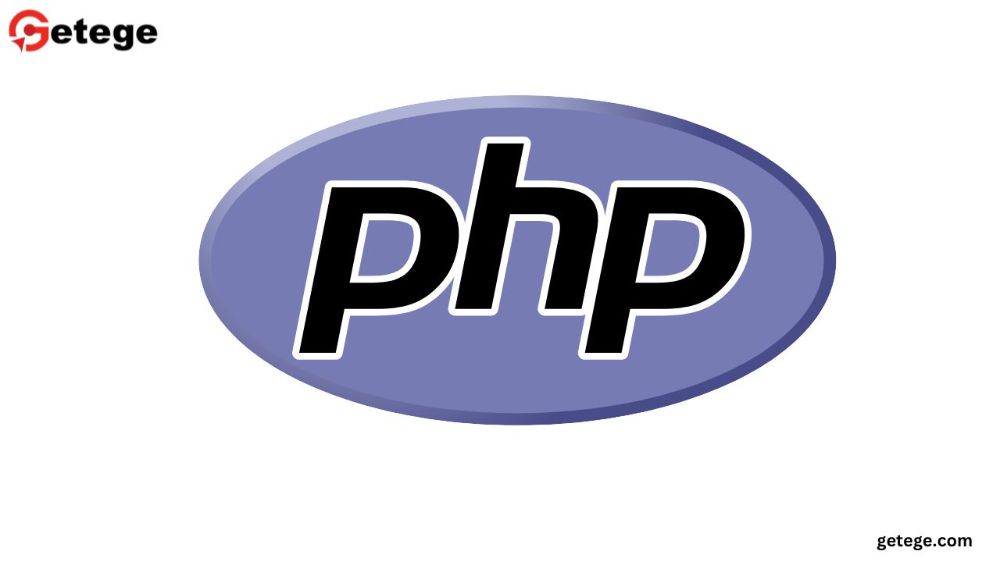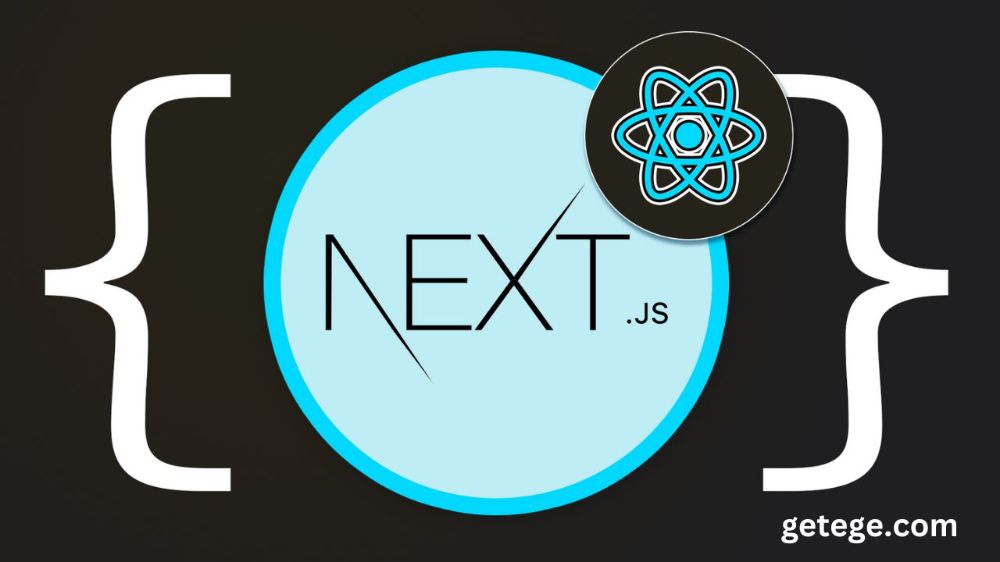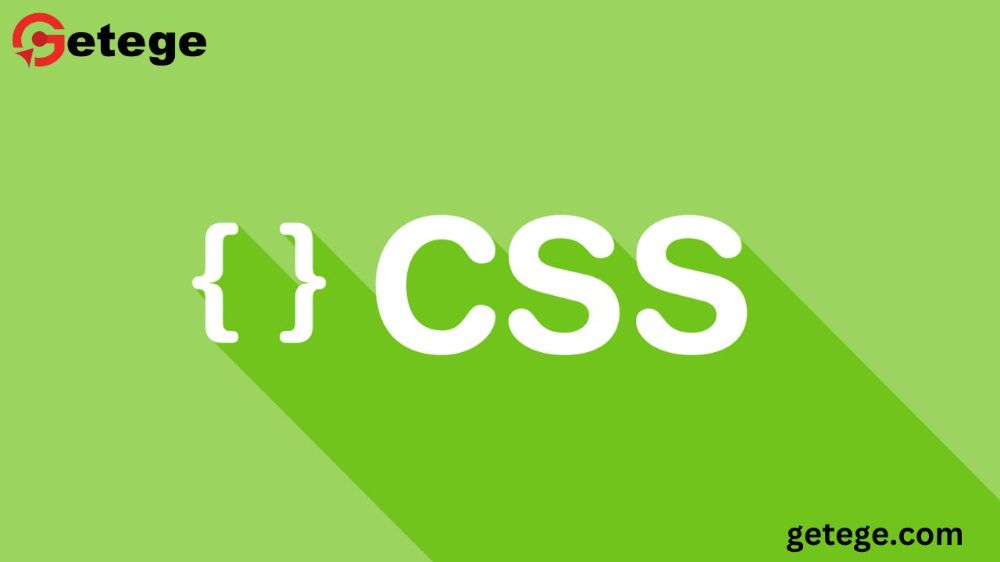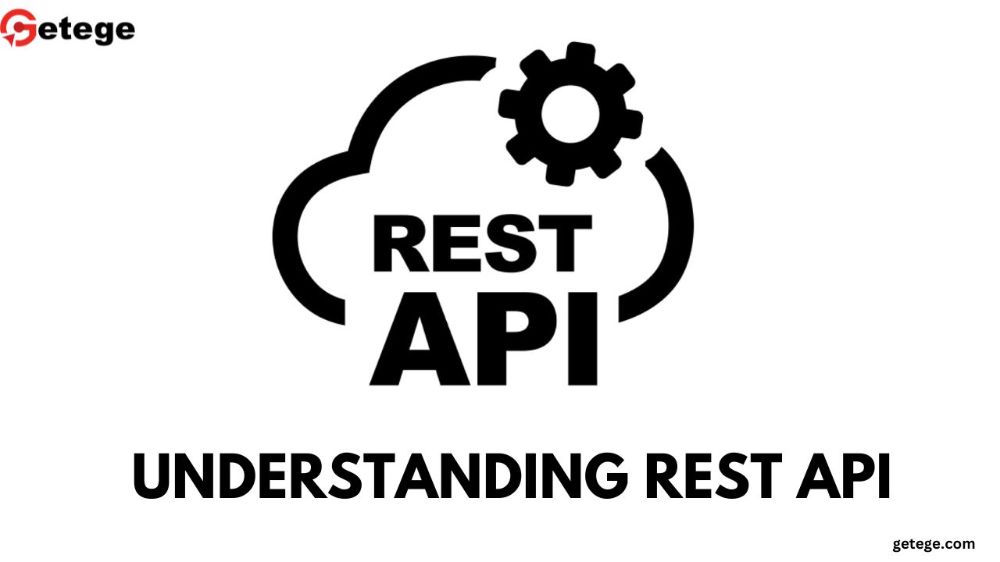Mastering JavaScript: A Comprehensive Guide for Developers
JavaScript is one of the most popular programming languages in the world, known for its versatility and use in web development. Whether you are a beginner or an experienced developer, mastering JavaScript opens doors to a wide range of development opportunities. In this blog post, we will take you through the basics of JavaScript, advanced concepts, and provide you with the tools to enhance your programming skills.
What is JavaScript?
JavaScript is a dynamic, high-level, interpreted programming language used to make websites interactive. It works alongside HTML and CSS to create rich, responsive user interfaces. Originally developed for client-side development, JavaScript has evolved to be used in server-side programming as well, thanks to technologies like Node.js.
Key Features of JavaScript
- Client-side Execution: JavaScript runs directly in the web browser, reducing the need for server-side processing.
- Event-driven Programming: It allows developers to write code that responds to user actions, like clicks and keystrokes.
- Cross-platform Compatibility: JavaScript works across various browsers and platforms.
- Large Ecosystem: With libraries and frameworks like React, Angular, and Vue.js, JavaScript's ecosystem is vast.
Getting Started with JavaScript
Setting Up Your Development Environment
To begin coding in JavaScript, all you need is a browser and a text editor. Browsers like Chrome and Firefox come with built-in developer tools that allow you to write and test JavaScript code. Alternatively, you can install Node.js to run JavaScript outside of the browser.
Your First JavaScript Code
A simple "Hello, World!" example in JavaScript can be written to display a message, allowing beginners to see the language in action quickly. This simple approach helps new developers grasp the fundamentals before diving deeper into complex concepts.
JavaScript Syntax and Basics
Variables
You can declare variables using modern keywords like let and const. These provide improved scoping mechanisms over older methods.
Data Types
JavaScript supports several basic data types such as strings (text), numbers, booleans (true/false), objects, and arrays. Understanding these types is fundamental in working with data in JavaScript.
Functions
Functions in JavaScript allow developers to write reusable blocks of code. This encourages a modular approach to coding, where tasks can be broken down into smaller, manageable functions.
Intermediate Concepts in JavaScript
Objects and Prototypes
Objects in JavaScript are collections of key-value pairs. The language also uses prototypes for inheritance, allowing objects to share characteristics with other objects. This is one of JavaScript’s core concepts for handling data.
Closures
A closure is a function that retains access to its surrounding context, even after that context has returned. This feature enables more dynamic and flexible coding, often used in asynchronous tasks and callbacks.
Advanced JavaScript Concepts
Asynchronous Programming
JavaScript is single-threaded, meaning it executes tasks one at a time. However, using asynchronous programming techniques like Promises and async/await, developers can manage tasks that take time, such as data fetching or user interactions.
ES6 and Beyond
With the release of ES6 (ECMAScript 2015), JavaScript gained many new features like arrow functions, template literals, and destructuring. These features make the code cleaner and more readable, improving overall development efficiency.
Best Practices in JavaScript
- Use modern syntax: Always prefer
letandconstover older syntax to ensure better scoping. - Modularize code: Break code into reusable components or modules for easier maintenance.
- Comment code: Use meaningful comments to explain complex logic.
- Testing: Write tests to ensure code quality and functionality, especially when working in large applications.
Conclusion
JavaScript is an essential tool for web development, offering a range of features for both front-end and back-end applications. Whether you're building a dynamic user interface or server-side logic, JavaScript provides the flexibility and power needed to create modern applications. By mastering JavaScript's core concepts and advanced techniques, you'll be well-equipped to take on any development challenge.














